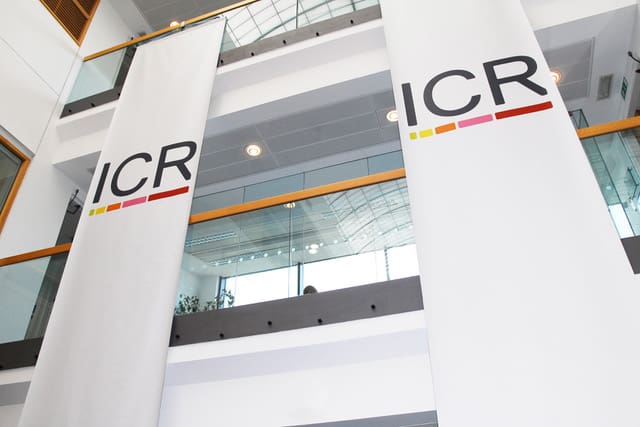
Blood tests could help guide the treatment of children with the cancer rhabdomyosarcoma (RMS), according to a new study led by scientists at the Institute of Cancer Research, London (ICR).
The researchers found that using liquid biopsy blood tests could pick up signs that a cancer had returned, assess the severity of the disease and help guide the choice of drugs for individual patients.
RMS is a rare type of cancer that forms in soft tissue, specifically skeletal muscle tissue or sometimes hollow organs such as the bladder or uterus. RMS can occur at any age, but it most often affects children.
Prognosis and treatment decisions depend on the type of RMS, where it starts, tumour size and whether the cancer has spread, but less than a third of patients who relapse or whose cancer has spread will survive, the ICR reports.
The study, published in the Journal of Clinical Oncology – Precision Oncology, involved blood and tissue samples taken from 28 patients with RMS from different centres across Europe, as well as studies in mice.
The researchers assessed whether measuring DNA shed by cancer cells into the bloodstream could track tumour progression and aggressiveness and be a faster and less painful alternative for children than traditional tissue biopsies.
18 children in the study had blood samples collected prior to treatment and multiple blood tests taken during their treatment to track how their disease progressed.
Around three-quarters (14 out of 18) of patients in this group showed key genetic changes in their cancers, indicating that these patients may benefit from more aggressive treatment.
The researchers also found that levels of cancer DNA circulating in the bloodstream before treatment were higher in patients whose cancer had spread to the lymph nodes and other parts of the body.
The same was true for cancers found in harder-to-treat regions of the body versus those in more favourable locations.
“Liquid biopsies have the potential to transform how we monitor and treat children with RMS. We hope that these simple blood tests can become a less invasive alternative to tissue biopsies, and a key tool to help judge prognosis and guide treatment,” said study leader Janet Shipley, professor of molecular pathology at The ICR, London.
Shipley also outlined the organisation’s plans to validate these findings in a larger clinical trial, which is planned to launch internationally next month.
“We’re excited to be taking these findings into an international clinical trial involving larger numbers of children, and we hope we can realise the potential of using liquid biopsies to make children’s cancer treatment smarter and kinder,” she said.




